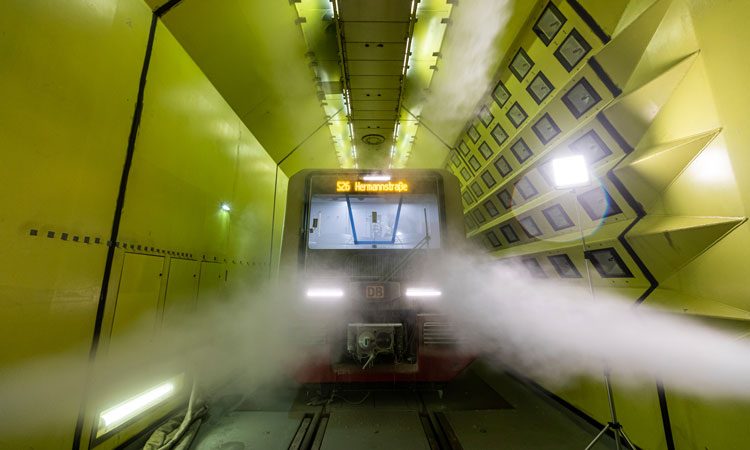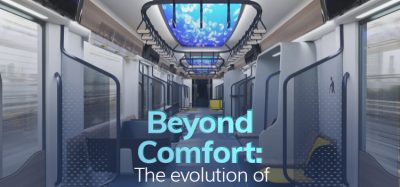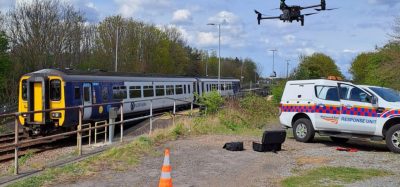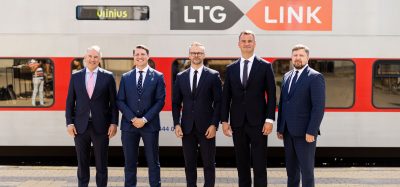New S-Bahn commuter trains for Berlin pass extreme environment tests
Posted: 29 October 2019 | Global Railway Review | No comments yet
A 12-week test programme has proven that the new commuter trains can withstand an extensive range of severe weather and temperature conditions.


After undergoing 12 weeks of rigorous testing in the world’s longest climatic wind tunnel in Vienna, the new S-Bahn commuter trains for Berlin and Brandenburg have proven that they can withstand all severe weather conditions and extreme temperatures. Sabrina Soussan, CEO of Siemens Mobility, said: “The tests in the climate wind tunnel will ensure reliable service by Berlin’s S-Bahn commuter trains in all types of weather. By taking such steps, we are supporting our customers, ensuring reliable operations for our passengers and enhancing passenger experience.”
As part of a larger two-year test, a four-section train of the initial series was assessed to ensure, amongst other things, that: the pantograph will work during heavy snowfalls; the doors will open and close; and the gap-bridging system can be effortlessly extended and retracted. The train met all requirements to pass each test. A representative for the Deutsche Bahn Group (DB) in Berlin, Alexander Kaczmarek, said: “Train reliability in all sorts of weather – this is what our passengers expect of our trains, and we intend to offer it to them in the future with our new series. DB made sure to include this all-encompassing testing program in the technical specifications.”
The climatic wind tunnel, operated by Rail Tec Arsenal (RTA), simulates a wide range of weather and temperature conditions – from -25oC with ice and snow, to 45oC with scorching solar radiation. When undergoing testing, temperature probes and heating mats will simulate the experience of passengers within the compartments of train, whilst a humidifier will add moisture to the air.
Jure Mikolčić, the CEO of Stadler Pankow GmbH, said: “The 483/484 series is the first Berlin S-Bahn commuter train to be equipped with air conditioning. Berlin’s infrastructure requires special technical solutions related to the installation of components and the guidance of chilled air. For this reason, one aspect of the program involved putting these functions through the most demanding types of tests.”
Global Railway Review Autumn/ Winter Issue 2025
Welcome to 2025’s Autumn/ Winter issue of Global Railway Review!
The dynamism of our sector has never been more apparent, driven by technological leaps, evolving societal demands, and an urgent global imperative for sustainable solutions.
>>> Read the issue in full now! <<<







